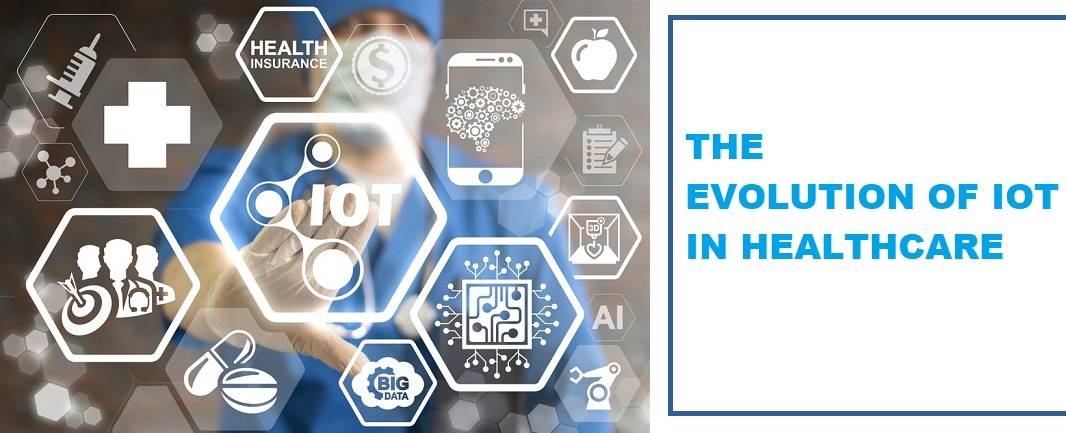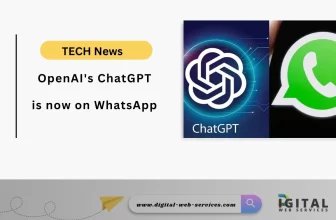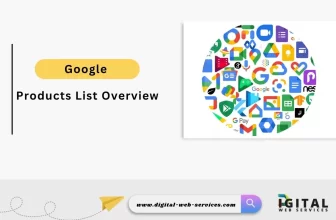
Smart homes and multiple gadgets interacting with each other automatically are not science fiction anymore. We got used to the Internet of things surrounding us and making our life even more convenient than we could have ever imagined. There are different fields IoT is applied in, but the healthcare might have gained the most of advantages using these technologies. They help prevent diseases, monitor the conditions of individual patients and whole medical departments, and also control the course of treatment in the out-patient and in-patient conditions. The evolution of IoT usage in medicine and healthcare even created a specific term, the Internet of Medical things (IoMT). According to the latest financial reports, the investment in the field in the next decade is estimated to be highly lucrative. Grooving demand for in-patient healthcare made the schedules of doctors quite tight, so IoMT helps them optimize their time at work as different automatic sensors in the modern wards monitor the condition of the patient and immediately inform in the case of any changes. So, doctors may spend their time on other important functions instead of staying just by the patient constantly.
Automation
Medical care is the field where a lot of employers of different levels and duties are engaged. The management processes in the small clinic maybe even more difficult than in the big hospital. Processing the inquiries of the patients, patient consulting, and the organization of treatment, are the fields, overloaded with small tasks, which need a high level of attention and accuracy, as the life of people is on the line. That’s why applying IoT technologies for the healthcare automation for data processing and saving, creating metrics for health conditions monitoring, and bringing some developments to the administration processes are one of the most widespread examples of how new technologies increase the quality of healthcare services. Hospitals now are interested in optimizing their facilities with the help of customized software development, and IoT in particular. Communication between the hospital staff can also be easily taken to another level with the help of integrated IoT business automation.
Personal drug management
Patients with different health conditions often need their process of medication to be controlled by the doctors, so that they can take their bills on time, avoid forgetting, and the dose taken confirms to what has bee prescribed. Some people need reminders, others demand more serious control. In both cases, in-patient and out-patient, medical therapy must be well-organized and controlled. No need to mention that constant necessity to take medicine puts a lot of pressure on the patients, especially when the lifespan and even the survival of the patient are closely related to the timely medicine taking. In such cases, the use of IoT technologies can assure the patient he/she will be always reminded to take the pills. On the other hand, the dose will be always controlled by the doctor, the same as the process of treatment, so that doctor can immediately make a decision to suspend the therapy or change the dose in the case of emergencies.
Improvement of user experience
As the users of healthcare services, patients have their special needs and expectations. Having constant access to the information and their own personal data, such as the test results, keeping in touch with the doctor throughout the whole process of treatment, and the confidence that the process of therapy goes normally, are that minimum which may demand a lot of effort from the hospital to be supplied. The other issue that leaves many patients disappointed is the waiting time. Previously the only solution to reduce the waiting time was increasing the number of human resources, but in the long-term, the strategy didn’t prove its profitability. IoT, on the contrary, showed very good results, such as the reduction of waiting time by at least 15% up to 60% in different cases. Of course, the most difficult reasons for the increased waiting time are patients’ early arrival and some doctors who arrive at work late. But the optimized patient distribution and well-designed administrative tasks with the help of IoT, such as patient ticketing, quick patient admitting, and accurate data processing managed to set off the effect of the mentioned issues on the general patients’ loyalty and their satisfaction with the quality of services.
Of course, in the 20th century, patients prefer to arrange appointments online instead of calling to the hospital, or in some clear cases, even get their prescriptions without the necessity to visit the clinic. That’s why IoT technologies are very convenient in the means of the patient’s time management.
Data management
Patients may visit different departments of the hospital for various health situations. That’s why, instead of separate records which are hard to use, integrated patient’s history with the help of IoT is the best solution. To keep all the information safe, opportunely updated, easily reached by the hospital professionals, and all in one place can seriously improve the general performance of the healthcare entity. On the other hand, patients need safe 24/7 access to their personal records without the necessity to require information from the hospital every time. IoT here can satisfy the needs of both sides and bring accuracy to the data management.
IoT in preventive healthcare
Having analyzed the general health condition of the patient, his/her genetic data, and the medical history, doctors may take many preventive measures to avoid serious health risks in the future. Here, with the help of a personal smart gadget, patients can monitor the metrics which might contain potential risk, and constantly compare them to the norms. Especially these techniques have found great approval in the healthcare of elderly people. Chronic heart diseases, diabetes, and dementia are very dangerous, as they might have no visible symptoms at the beginning. But the proper monitoring of the main related vitals will provide all the necessary conditions to detect the problem at the very beginning and prevent the possible complication, and guarantee a long healthy lifespan for the patient.
Digital Web Services (DWS) is a leading IT company specializing in Software Development, Web Application Development, Website Designing, and Digital Marketing. Here are providing all kinds of services and solutions for the digital transformation of any business and website.










